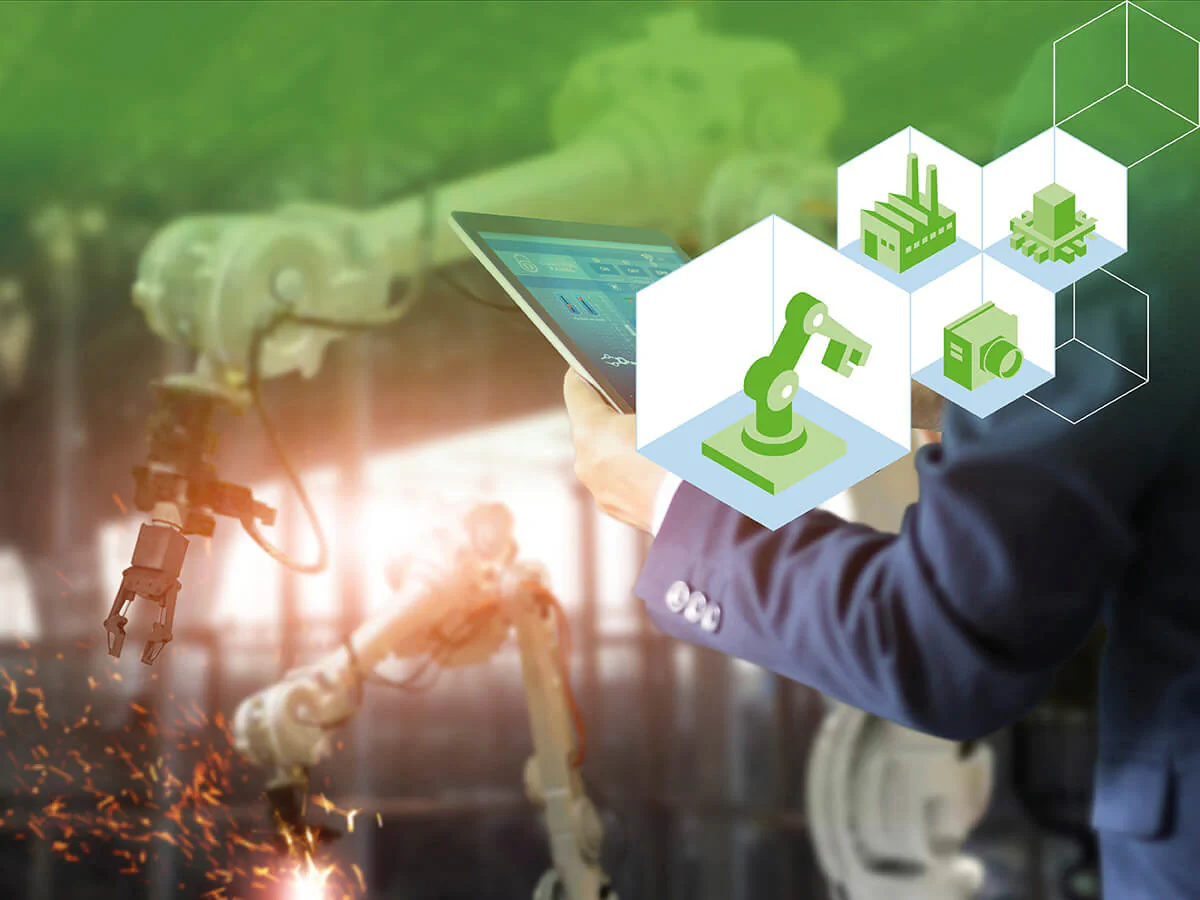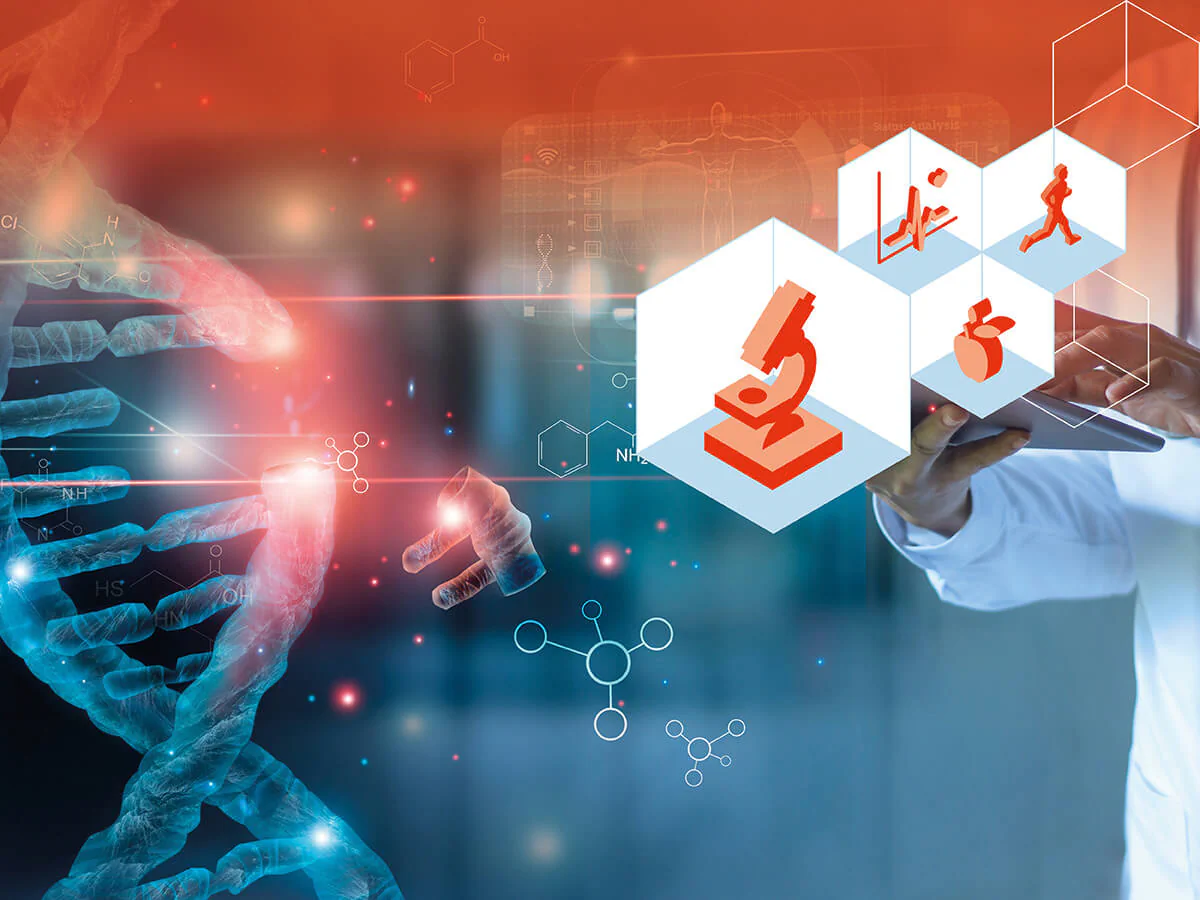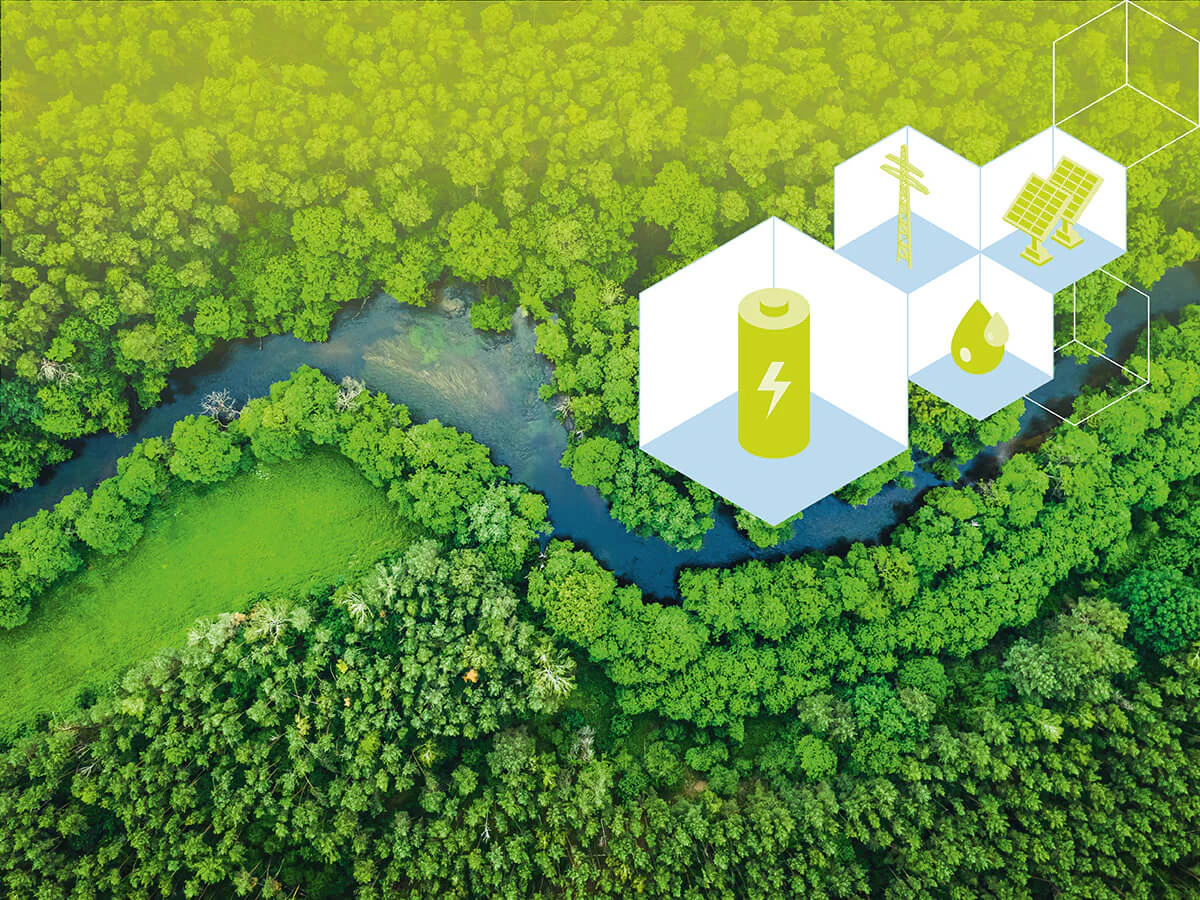Innovation strategy
Thuringia has developed into a strong innovation region in recent years. The current Regional Innovation Scoreboard 2019 of the European Union distinguishes the innovation and research location Thuringia as a "strong innovator".
Innovation policy is increasingly expected to provide answers to many pressing questions: in societal and social issues, as well as for services of general interest and participation, decarbonisation and climate change, demographics and ageing.
Innovative answers to these questions can come from science and research, as well as from the entrepreneurial and social environment. This includes sources of impetus for technological innovations and innovative improvements to products and processes, as well as rethought business models, organisational forms and services.
Regional innovation strategy in the funding period 2021-2027
The foundation stone has been laid: With the "Regional Research and Innovation Strategy for Smart Specialisation for Thuringia of the 2014 to 2020 Funding Period", the Thuringian state government has created a cooperation and coordination platform for the various actors in Thuringia as a location for innovation. As a consequence, it is now a matter of concentrating on those fields of specialisation that have a particularly high potential for the future.
The Regional Innovation Strategy in the funding period 2021 to 2027 aims to drive the development of the five fields of specialisation through a multi-stakeholder approach. In addition to innovation drivers such as universities, non-university research facilities and commercial enterprises, other actors also contribute to the development of the fields of specialisation: Cluster and network organisations, business-related research facilities and innovation centres, as well as multipliers such as business and industry associations. All these actors are at the same time links between research and application, as well as between innovation actors and political institutions such as the state government.






